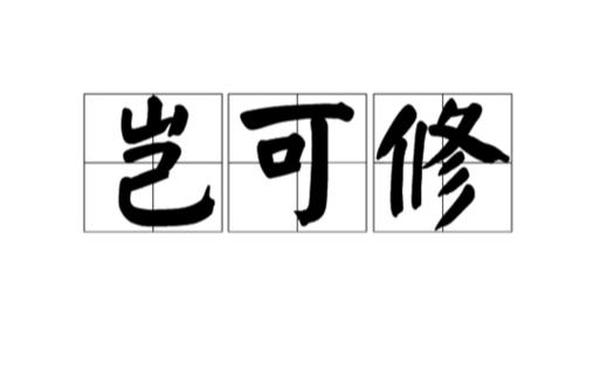
岂可修—岂可修日语
77游戏社盒子平台开启你的次世代游戏之旅。77游戏社助手乐园专为国内外单机游戏、手游玩家、网络游戏爱好者打造的推荐高品质手游的分享社区。我们提供各类游戏最新的资讯动态。在这里,超过50,000款精品游戏任你畅玩——从独立制作的匠心之作到岂可修—岂可修日语3A级手游大作,我们为你搭建了最丰富的数字游乐场。1亿玩家的共同选择,累计30亿次的热血下载,每一个数字背后都是玩家们用指尖投票的信任。3500万条真实玩家评价构筑起最透明的游戏推荐体系,50万篇深度攻略与测评为你扫清冒险路上的每一个障碍。我们不只是平台,更是10万开发者与亿万玩家相遇的创意集市——每天都有令人惊艳的新作品在这里诞生。立即加入77游戏社折扣平台,与全球玩家一起: 🎮 发现尚未被大众瞩目的宝藏游戏 💡 与开发者直接对话,参与游戏进化 🏆 在专属社区分享你的高光时刻。
The phrase "岂可修" is a Chinese character representation (rough phonetic approximation) of the Japanese insult "きさま" (kisama).
Heres a breakdown:
1. 豈可修 (qǐ kě xiū in Mandarin):
This is not standard Japanese writing. Its Chinese characters used to phonetically mimic the sound of the Japanese word.

It approximates the Japanese pronunciation "ki-sa-ma" (きさま).
2. きさま (kisama):
Meaning: A very strong, rude, and confrontational second-person pronoun ("you").
Nuance: It carries immense contempt, anger, hostility, or superiority. Its often translated as "you bastard," "you son of a bitch," "you scum," etc.
Usage: Frequently heard in anime, manga, video games, or historical dramas during heated arguments, fights, or when a character is utterly furious. It is extremely offensive in real life and should NEVER be used casually. Using it inappropriately can lead to serious fights or social ostracization.
Origin: Historically derived from "貴様" (kisama), which originally had a respectful meaning ("esteemed person") centuries ago, but underwent a complete reversal in connotation to become intensely insulting.
3. Why "岂可修"?
Phonetic Approximation: Chinese speakers use these specific characters because their pronunciations (`qǐ`, `kě`, `xiū`) roughly combine to sound like "ki-sa-ma" when spoken quickly in Mandarin.
Internet/Subtitle Culture: This representation became popular online, in fan translations, subtitles, and memes within Chinese-speaking communities familiar with Japanese media. The repetition ("岂可修—岂可修") might be for emphasis or stylistic effect, mimicking how its shouted.
Humor/Meme: Its often used humorously or ironically within fan communities to reference the trope of angry anime characters shouting insults.
In summary:
岂可修 = A Chinese phonetic spelling.
Represents = The Japanese word きさま (kisama).
Meaning = An extremely offensive "you" (like "you bastard").
Context = Primarily found in online discussions, subtitles, or memes related to Japanese pop culture (anime/manga/games) within Chinese-speaking communities. It signifies intense anger or insult.
Important Note: If you encounter "kisama" or "岂可修" in Japanese media, understand it signifies deep hostility. Never use it in real-life Japanese conversation unless you fully intend to start a serious fight or deeply offend someone.

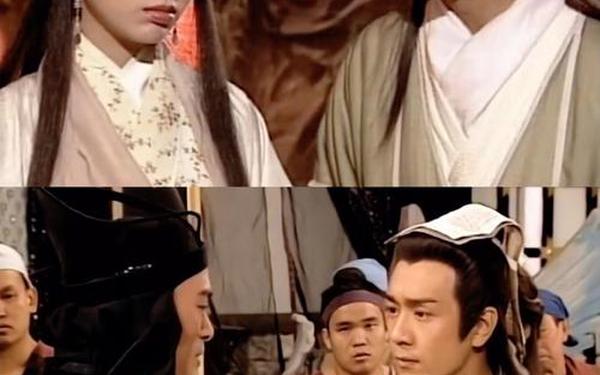
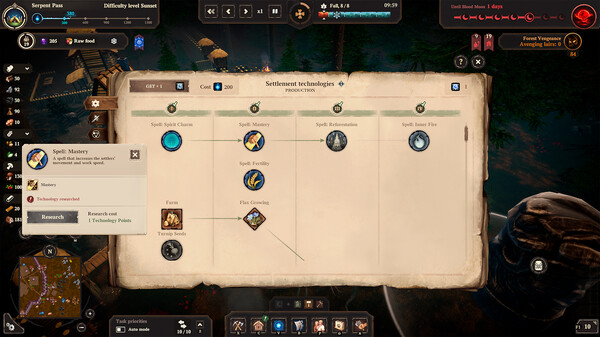




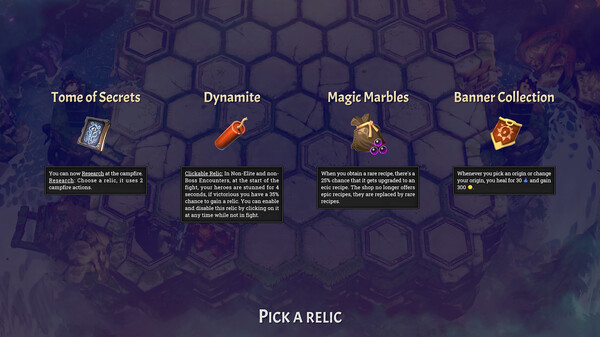
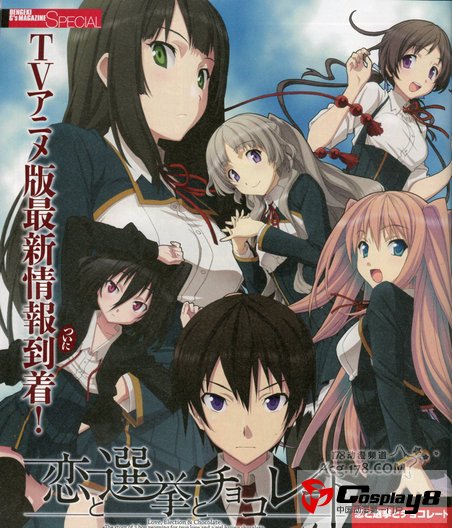



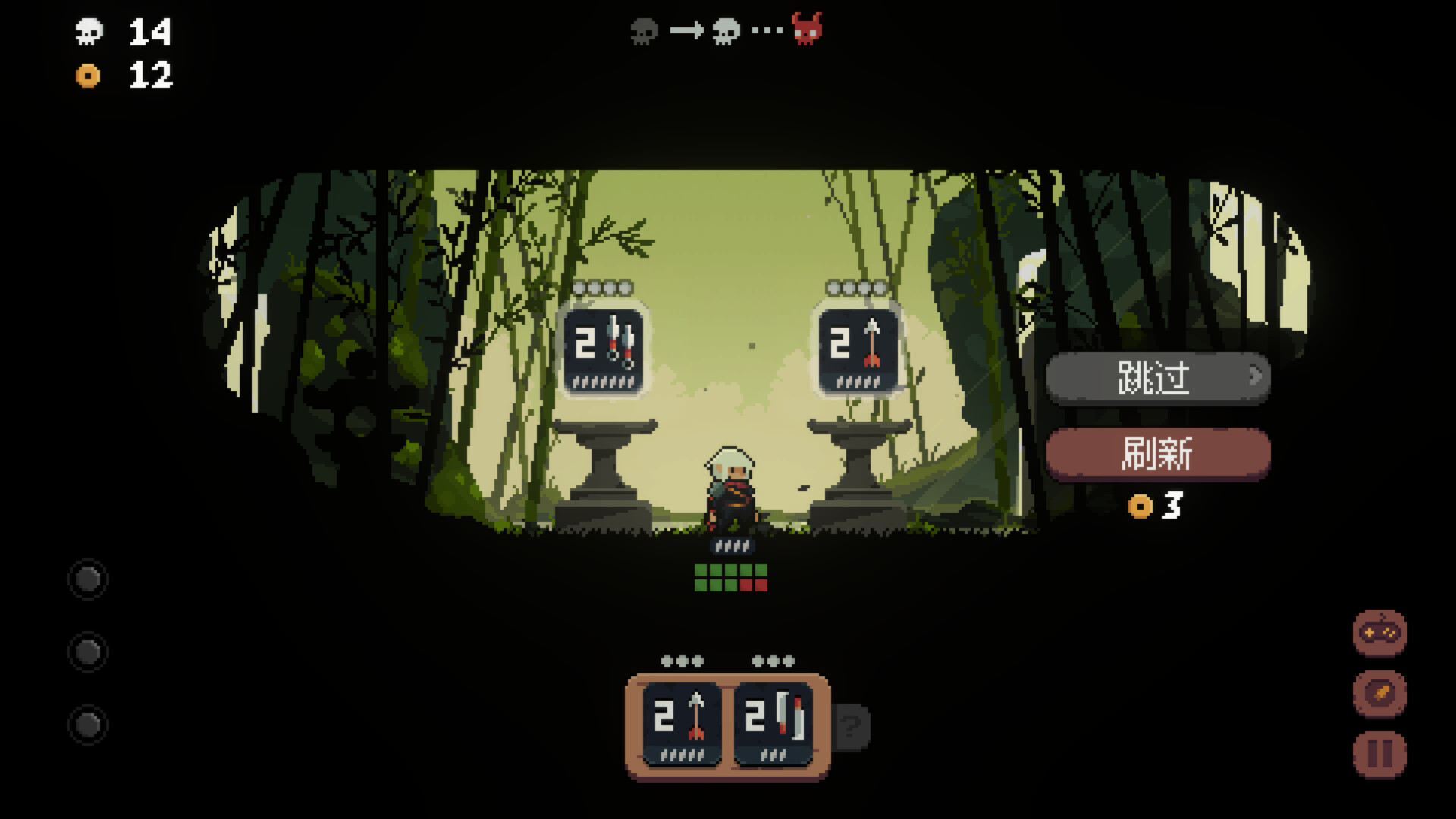


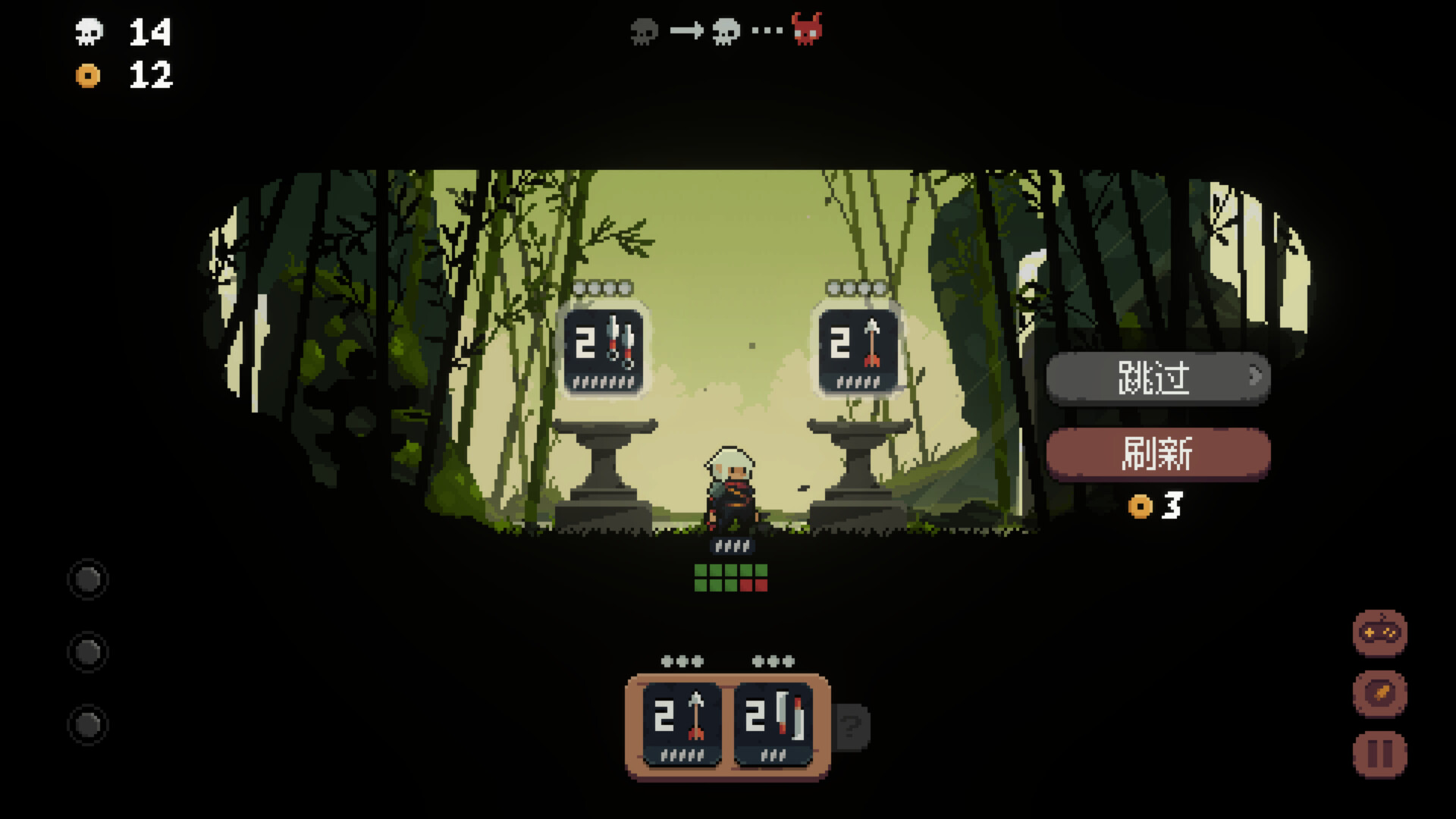



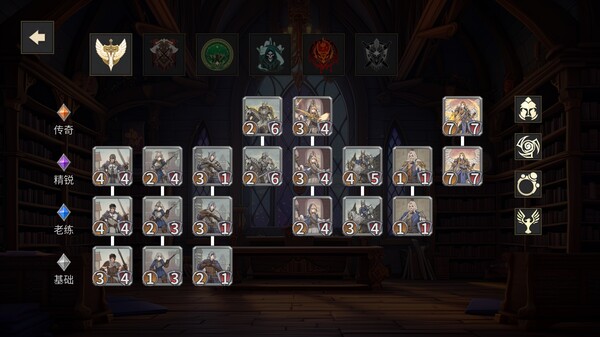


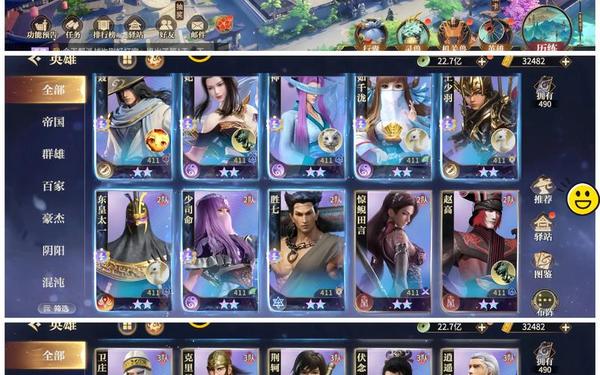
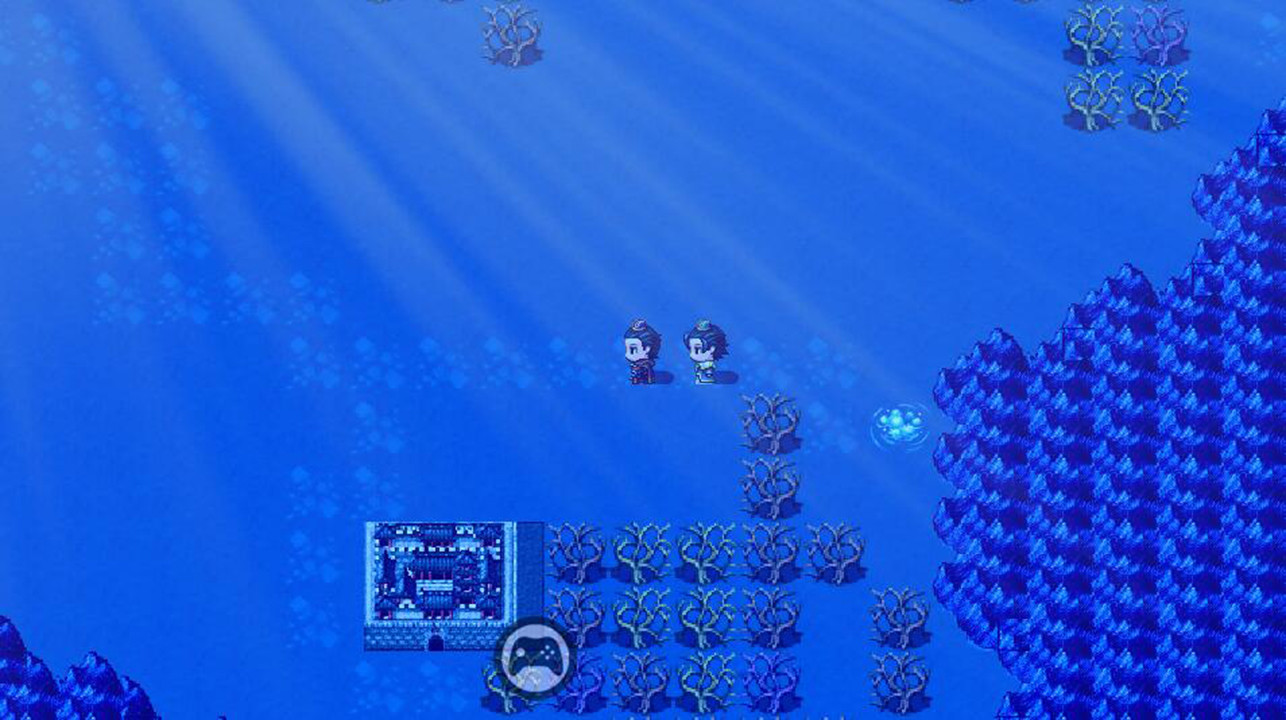




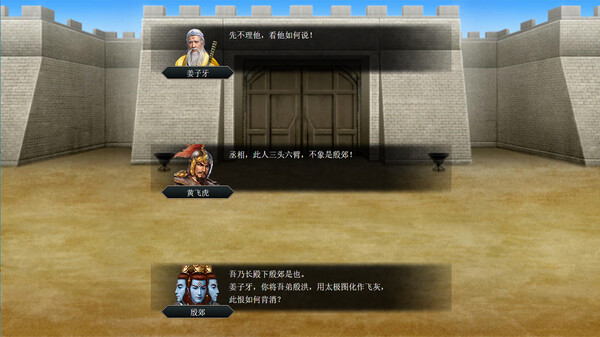




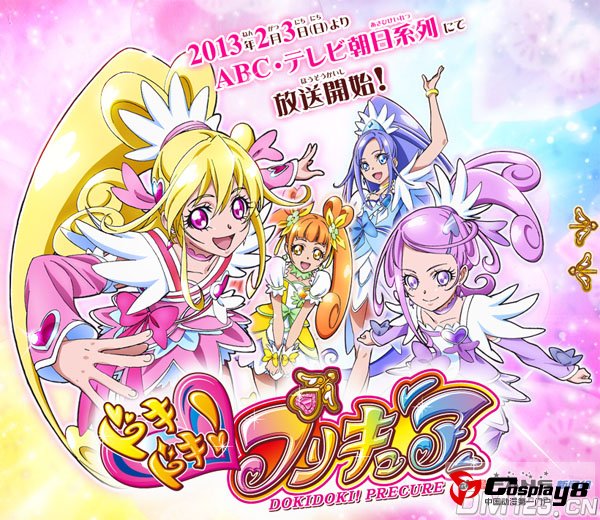


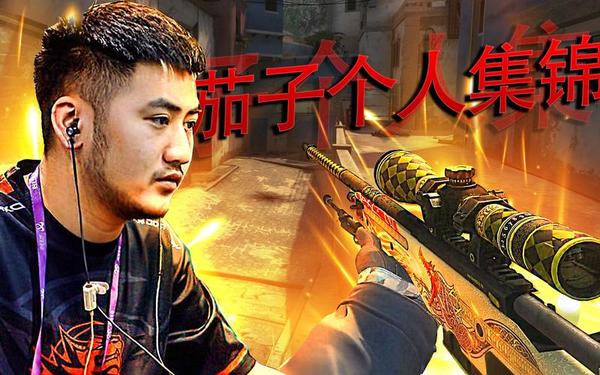
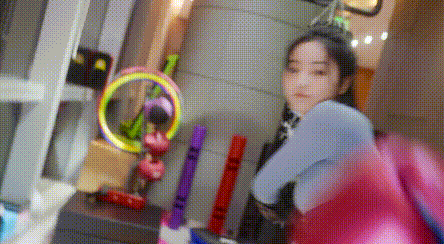


发表评论